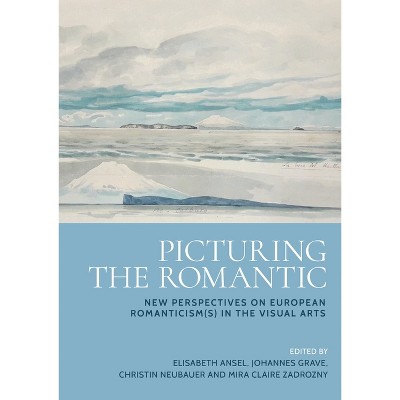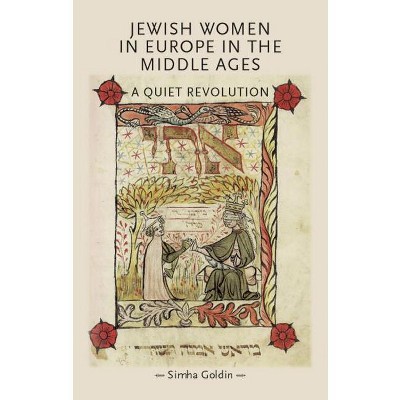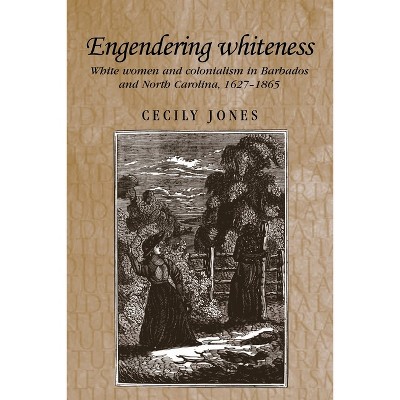Sponsored

Over Her Dead Body - by Elisabeth Bronfen (Paperback)
In Stock
Sponsored
About this item
Highlights
- In 1846, Edgar Allen Poe wrote that 'the death of a beautiful woman is, unquestionably, the most poetic topic in the world'.
- About the Author: Elisabeth Bronfen is Professor of English and American Studies at the University of Zurich
- 480 Pages
- Social Science, Women's Studies
Description
About the Book
Bronfen presents the argument that narrative and visual representations of death can be read as symptoms of culture and because the feminine body is culturally constructed as the superlative site of "other" and "not me," culture uses art to dream the deaths of beautiful women.Book Synopsis
In 1846, Edgar Allen Poe wrote that 'the death of a beautiful woman is, unquestionably, the most poetic topic in the world'. The conjuction of death, art and femininity forms a rich and disturbing strata of Western culture, explored here in fascinating detail by Elisabeth Bronfen. Her examples range from Carmen to Little Nell, from Wuthering Heights to Vertigo, from Snow White to Frankenstein. The text is richly illustrated throughout with thirty-seven paintings and photographs.From the Back Cover
In 1846, Edgar Allen Poe wrote that 'the death of a beautiful woman is, unquestionably, the most poetic topic in the world'. The conjuction of death, art and femininity forms a rich and disturbing strata of Western culture, explored here in fascinating detail by Elisabeth Bronfen. Her examples range from Carmen to Little Nell, from Wuthering Heights to Vertigo, from Snow White to Frankenstein. The text is richly illustrated throughout with thirty-seven paintings and photographs.
The argument that this book presents is that narrative and visual representations of death can be read as symptoms of our culture and because the feminine body is culturally constructed as the superlative site of "other" and "not me", culture uses art to dream the deaths of beautiful women.Review Quotes
Aside from the originality - or fearful finality - of its arguments, the book will be invaluable as an introduction to the use of psychoanalysis in the interpretation of cultural texts' - New Statesman & Society
'Death faces a similar taboo in our century to the one that sex suffered in the last...Bronfen addresses an important silence in contemporary culture.' - The TImesAbout the Author
Elisabeth Bronfen is Professor of English and American Studies at the University of Zurich










